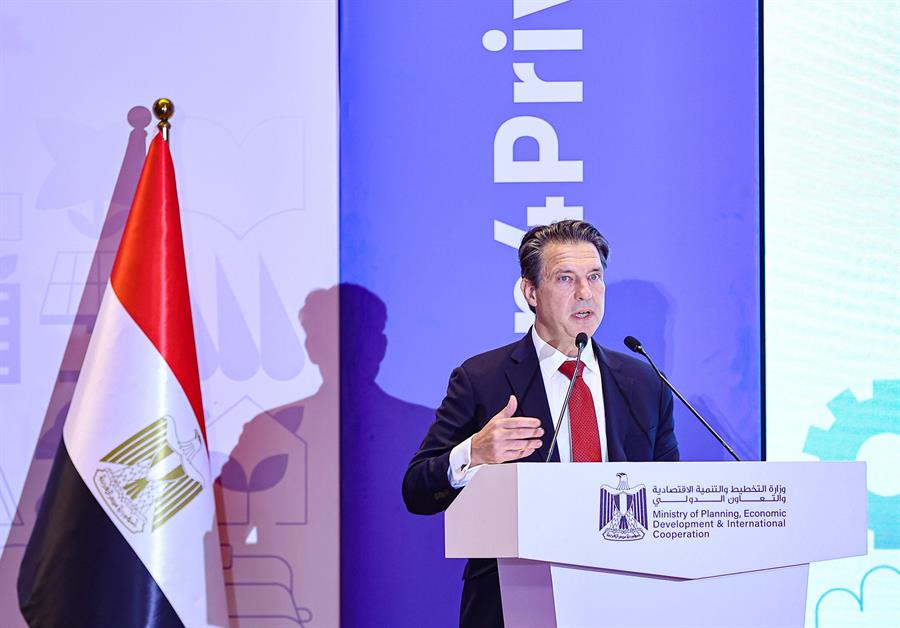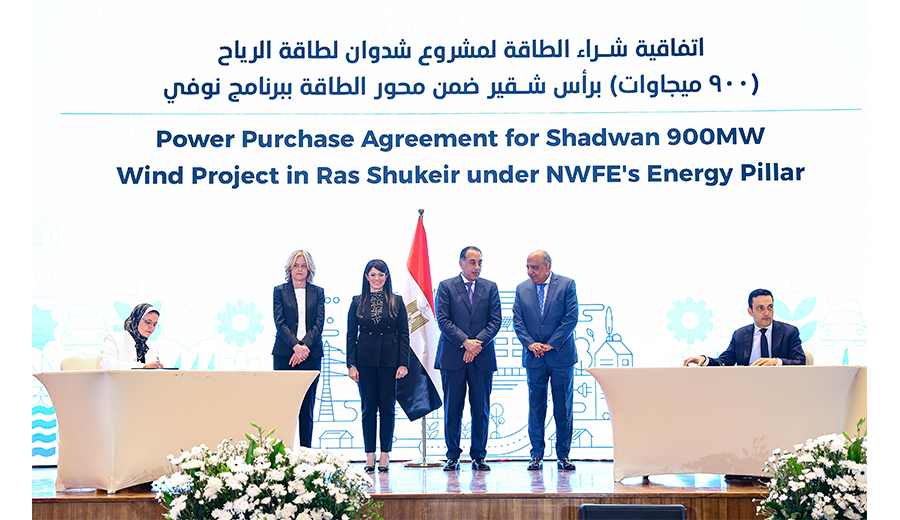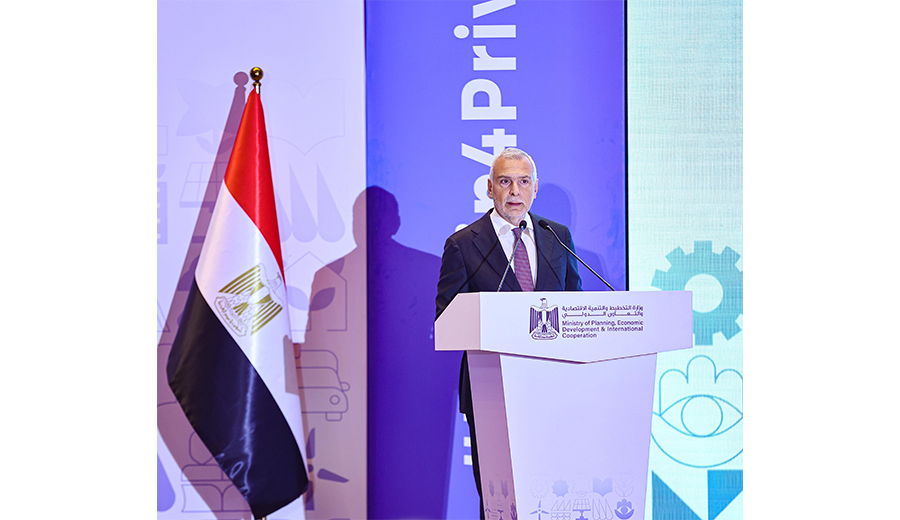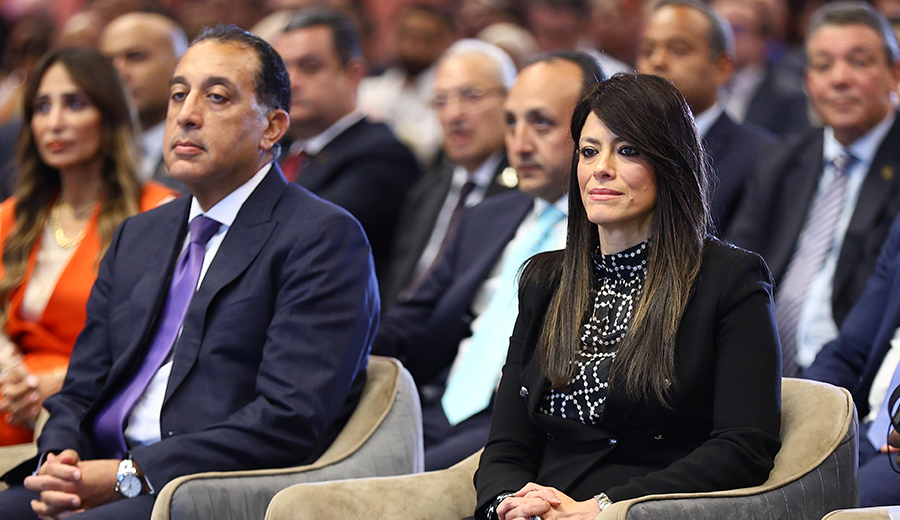The European Bank for Reconstruction and Development (EBRD) SEMED Region Managing Director highlighted the partnership with the government to expand renewable energy projects and efforts to empower the private sector

16 June 2025
During the “Development Finance to Foster Private Sector-Led Growth & Jobs" Conference,
the European Bank for Reconstruction and Development (EBRD) SEMED Region Managing Director highlighted the partnership with the government to expand renewable energy projects and efforts to empower the private sector
Mr. Mark Davis,
Regional Director for the Southern and Eastern Mediterranean region at the
European Bank for Reconstruction and Development (EBRD), affirmed that the
recent period is witnessing a notable increase in the volume of investments
initiated by banks, especially in the field of digital infrastructure, as these
investments represent more than half of our financial portfolio and fall under
tools such as trade finance, structured finance, and other financing tools.
This came during
his speech at the conference organized by the Ministry of Planning, Economic
Development, and International Cooperation under the title “Development Finance
to Foster Private Sector-Led Growth & Jobs” held under the patronage and in
the presence of H.E. Dr. Mostafa Madbouly, Prime Minister of Egypt, along with
several ministers, the Federation of Chambers of Commerce, the Federation of
Industries, business councils, development partners, and ambassadors.
He added that the
current regional situation, with the challenges facing the region, negatively
impacted economies and societies. However, we believe this is the right time to
seize the opportunity for reconstruction and development.
He explained the
importance of directing investments towards quick-impact projects, such as
facilitating the transition of the private sector to renewable energy sources
and providing a nurturing environment for these projects, explaining that in
the medium term, the focus must be on structural reforms, as they send strong
and clear signals to markets and investors, as these reforms include improving
fiscal and monetary policies, facilitating the business climate, and opening
the way for greater participation of the private sector, weather local and
international.
They also include
restructuring public institutions and expanding the scope of public-private
partnerships, as seen in successful models such as airports and some
governmental projects in Egypt, pointing to the cooperation between the the
European Bank and the Egyptian government on programs to develop partnerships
with the private sector to support priority development projects and provide
greater fiscal space to invest in vital infrastructure.
Regarding the issue
of energy security, the Davis confirmed that access to clean and secure energy
is a foundation for economic and social stability, which requires significant
investments in renewable energy projects and sustainable urban expansion,
noting the Bank’s role in supporting a range of investment programs that focus
on clean energy, sustainable infrastructure, digital transformation, as well as
supporting small and medium-sized enterprises, which are a key driver of
inclusive growth in the region.
He also referred to
the ongoing project in solar energy and battery energy storage, which is
considered one of the model projects in the field of renewable energy and
represents a true qualitative leap as it supports the establishment and
operation of a solar power plant with a capacity of 1 gigawatt, alongside a
battery-based electricity storage system, making it one of the largest projects
in Africa, and the project contributes to reducing reliance on energy imports,
thereby easing pressure on foreign exchange reserves. It also supports Egypt’s
vision to shift to 42% renewable energy by 2030.









